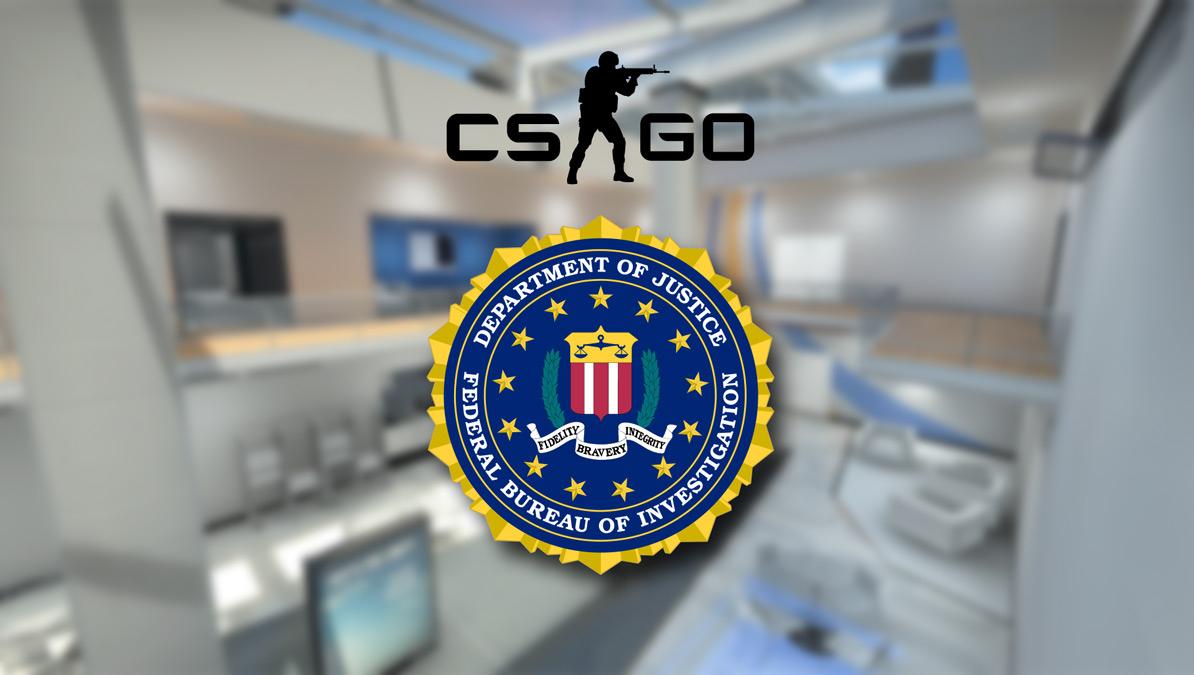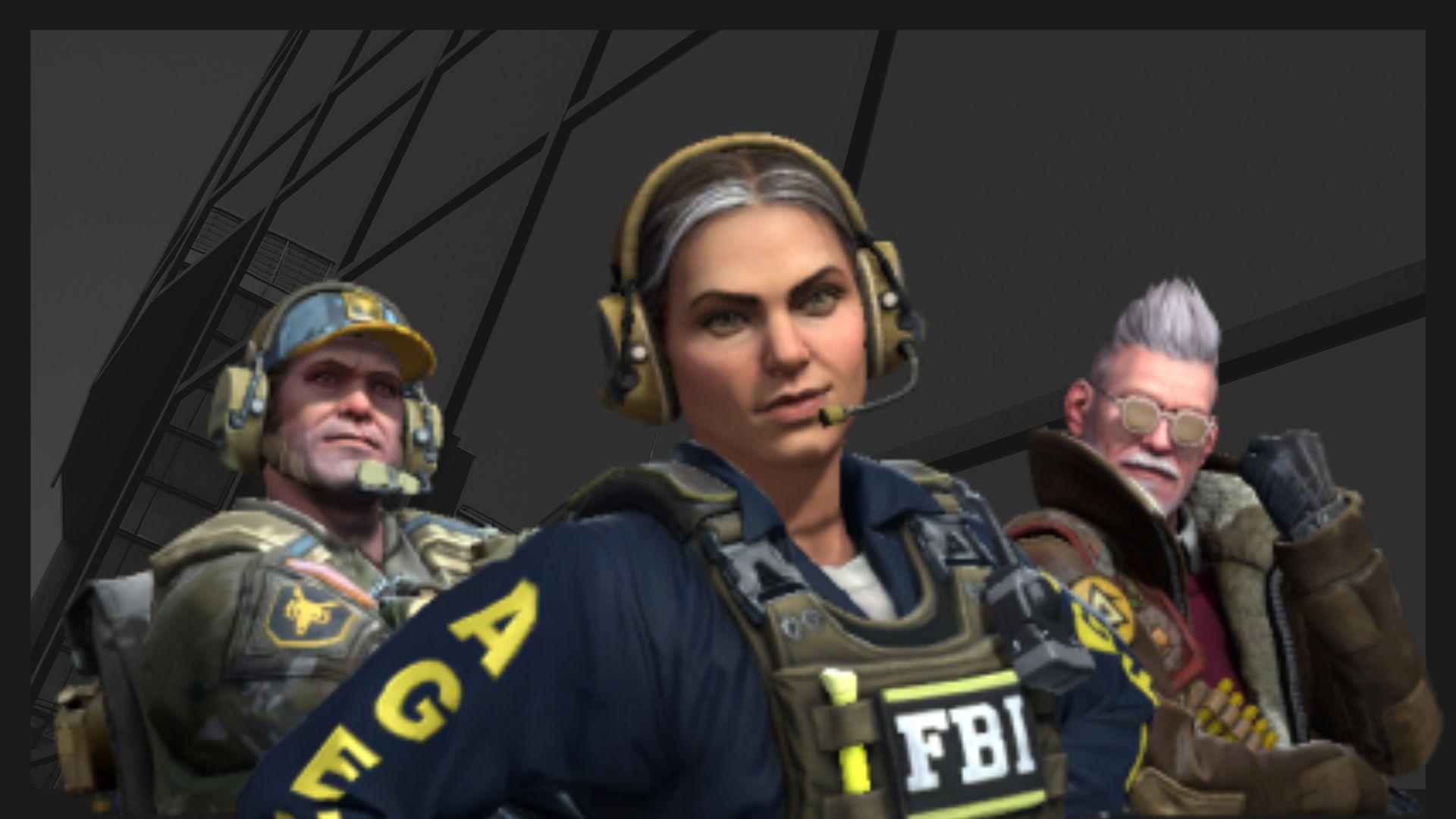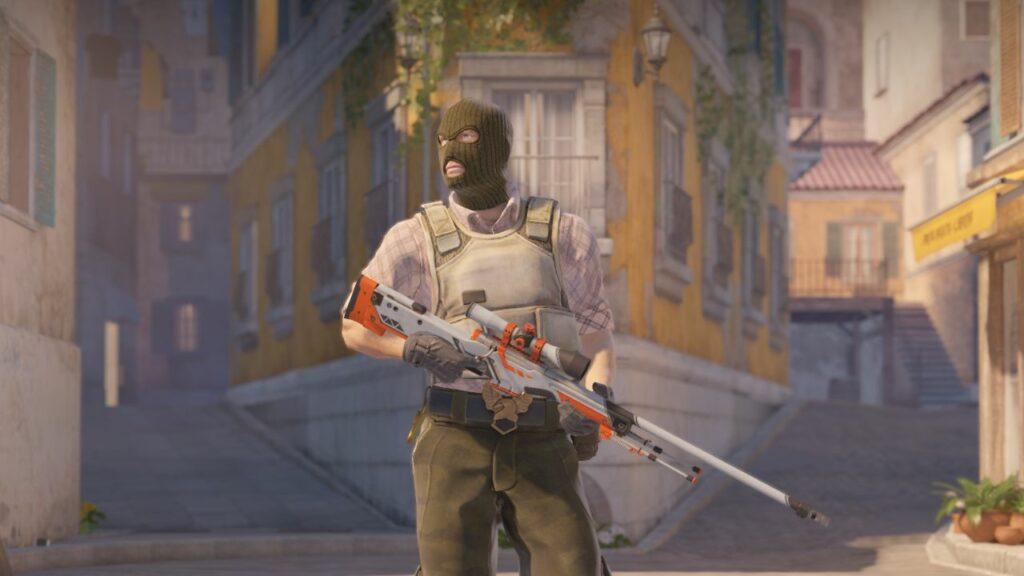
FBI working with ESIC in investigating CSGO match-fixing
The commissioner of the Esports Integrity Commission revealed that the Federal Bureau of Investigation is investigating allegations of match-fixing in Counter-Strike: Global Offensive.
2020’s accusations of CSGO matchfixing in ESL’s Mountain Dew League shook the game, but least part of the problem was more serious than many previously thought. According to an interview with ESIC commissioner Ian Smith, the commission became aware of multiple players in MDL that were being actively bribed by outside parties to throw matches.
FBI actively investigating 2020 CSGO matchfixing scandal
Smith said that the ESIC uncovered evidence of what he called “classic match-fixing,” meaning that it wasn’t just players betting and on and then throwing their own games. Instead, a select group of players in ESL’s Mountain Dew League was being bribed by organized “betting syndicates” in an effort to turn a profit through games where they knew the outcome in advance. If that wasn’t enough of a shock, Smith went on to reveal that the ESIC passed on that part of the case to the FBI’s sports betting unit, which is now involved in an active investigation.
The FBI usually involves itself in gambling cases under the USA’s Racketeer Influenced and Corrupt Organizations Act. RICO has been used to prosecute motorcycle gang Hell’s Angels, the street gang Latin Kings, and the famous Gambino and Lucchese crime families. The law was also used to indict 14 men connected to Qatar’s winning bid for the 2022 FIFA World Cup. Smith expects that the ESIC will be able to release its findings concerning last year’s less-serious match-fixing incidents at some point within the next two weeks.
“We have very good corroborating evidence from Discord…chat logs of players that we’re going to ban for a very long time,” the commissioner explained.
Along with the announcement of the FBI’s involvement in the case, the interview also discussed CSGO cheating generally. The commissioner discussed the issue at length, as well as what Valve and the ESIC could do about the problem.
“The VAC system is a bit of a sledgehammer, it does tend to correct behavior at the lower levels,” the commissioner said.
The end result of the ESIC’s investigation will likely end with some CSGO players never playing professionally again, but it’s the news that Mountain Dew League has been manipulated by “syndicates” isn’t something that fans or players will forget any time soon.
Recommended

s1mple is offering lessons to help you get good at CS2
Have you dreamed of playing like s1mple?

Recent CS2 ban wave punishes cheaters during live games
Valve is banning players in bulks.

Players hopeful after Valve adds Overwatch to expose CS2 cheaters
Only “trusted” players will be Overwatch investigators.







